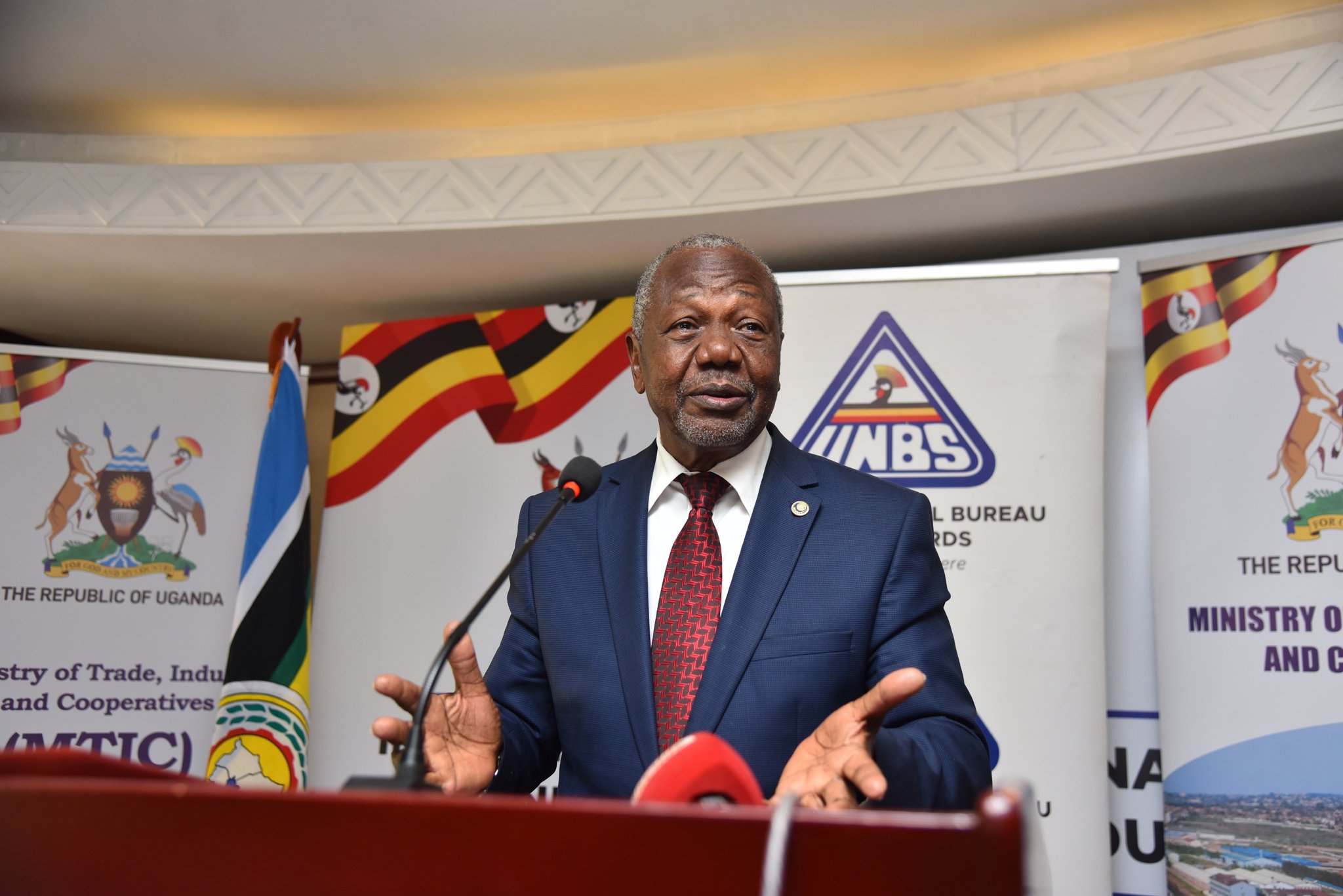MICHAEL JJINGO: Adopting an agile mindset, why It matters today?
We need to embrace the ability to change the way we think, and act to stay relevant in this rapidly changing world.

“It is not the strongest of species that survive, nor the most intelligent, but the most responsive to change” Charles Darwin. Being agile is about having the ability to quickly adapt and respond to changes in the environment, not just through planning, but through real-time responses. Change is a fact and law of life; those who look at the present and the past are certain to miss the future.
Let’s appreciate that in the times of constant changes, it is not the big fish that eat the small fish, but the fast fish that eat the slow fish. Many times, the measure of intelligence is not about the levels of comprehension, but the ability to pivot and change. Certainly, success today requires agility and the drive to constantly rethink, reinvigorate, react, and reinvent.
We need to embrace the ability to change the way we think, and act to stay relevant in this rapidly changing world. We must also recognize that continuous improvement is better than delayed perfection. The only way to make sense of change is to engage into it, move with it, and join the trend. Let’s agree that agility is the key to survival and prosperity.
The art of living lies in a constant readjustment of our work, the surroundings and the way we think. May times, opportunities do not happen, but are created by us, and the most successful people are those who have a contingent plan or plan B. Many researchers assert that, in order to succeed, your desire for success should be greater than your fear of failure.
In today’s fast-paced and ever-changing business environment, the ability to adapt quickly and efficiently has become paramount. This is where an agile mindset comes into play. An agile mindset goes beyond just adopting agile methodologies; it’s about embracing a philosophy that encourages flexibility, continuous improvement, and customer-centricity. Here’s why it matters:
Agility enables businesses to achieve enhanced flexibility and adaptability. Businesses with an agile mindset are better equipped to navigate the complexities of today’s market. They can quickly pivot in response to market changes, customer feedback, or unforeseen challenges. This flexibility allows companies to stay competitive and relevant.
With agility, we certainly achieve improved customer satisfaction. An agile mindset prioritizes the needs and feedback of customers. By focusing on delivering value and continuously seeking customer input, businesses can create products and services that truly meet market demands. This leads to higher customer satisfaction and loyalty.
Many times, Go-to-market timeliness benefits the fast movers. All businesses would prefer faster time to market. With an agile approach, businesses can streamline their processes and reduce bottlenecks. This results in faster product development cycles and quicker time-to-market. In industries where speed is a critical factor, this can be a significant competitive advantage.
Additionally, Agility also encourages Innovation. An agile mindset fosters a culture of experimentation and innovation. Teams are encouraged to try new ideas, learn from failures, and iterate quickly. This culture of continuous improvement can lead to groundbreaking innovations and improvements.
Let’s appreciate agility for empowering the teams. Agile practices promote collaboration, transparency, and accountability within teams. By empowering team members to make decisions and take ownership of their work, businesses can cultivate a motivated and engaged workforce. This leads to higher productivity and morale.
In addition, agility facilitates apt risk management. Agile methodologies involve incremental development and regular feedback loops, which help in identifying and addressing risks early in the process. This proactive approach to risk management ensures that potential issues are resolved before they escalate.
Cost efficiency is another spinoff. By focusing on delivering the most valuable features first and continuously refining processes, businesses can achieve better resource allocation and cost efficiency. This lean approach helps in minimizing waste and maximizing value.
In Conclusion, adopting an agile mindset is not just about implementing a set of practices; it’s about cultivating a philosophy that permeates the entire organization. It requires a shift in thinking, a commitment to continuous improvement, and a focus on delivering value to customers. In today’s dynamic business landscape, an agile mindset is not just an advantage. it’s a necessity.
The writer, Michael Jjingo is the General Manager of Commercial Banking at Centenary Bank







